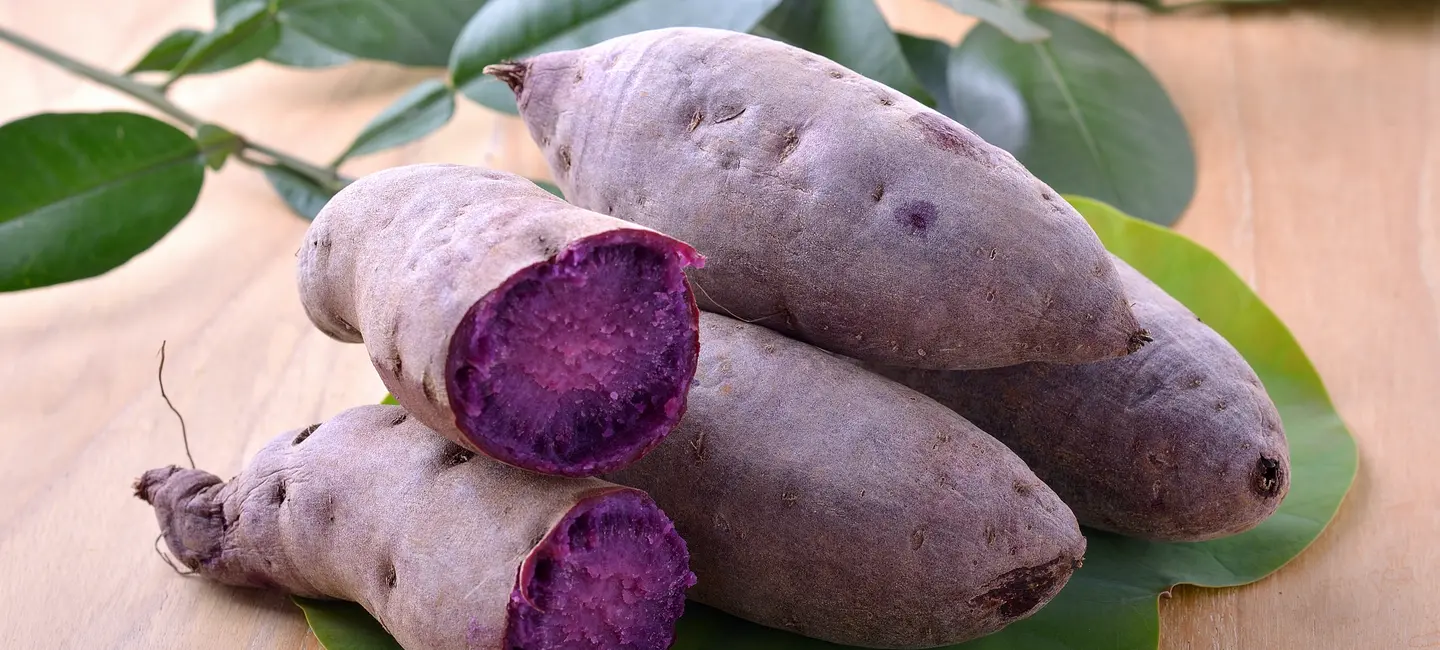
Bitter yam (Dioscorea dumetorum) is a plant that grows in Africa. Wild forms of the yam can be toxic. Forms grown by farmers generally do not contain toxins.
Bitter yam contains chemicals that might lower blood sugar levels. Wild forms of bitter yam must be soaked and boiled before use to remove the toxins.
People use bitter yam for diabetes and other conditions, but there is no good scientific evidence to support these uses.
Don't confuse bitter yam with wild yam (Dioscorea villosa). These are not the same.
Is It Effective?
There is interest in using bitter yam for a number of purposes, but there isn't enough reliable information to say whether it might be helpful.
Is it Safe?
When taken by mouth: Wild, uncooked bitter yam is possibly unsafe. It contains chemicals that can be poisonous and cause seizures. There isn't enough reliable information to know if other forms of bitter yam that are raised by farmers are safe to use as medicine.
Special Precautions & Warnings:
Pregnancy and breast-feeding: There isn't enough reliable information to know if bitter yam is safe to use when pregnant or breast-feeding. Stay on the safe side and avoid use.
Digoxin (Lanoxin)
Interaction Rating=Moderate Be cautious with this combination.
Bitter yam may contain chemicals similar to the prescription drug digoxin. Taking bitter yam along with digoxin might increase the risk of side effects.
Herbs that contain cardiac glycosides: Bitter yam contains chemicals that can affect the heart. These chemicals are called cardiac glycosides. Using it along with other supplements that also contain cardiac glycosides can increase the risk of heart damage. Examples of supplements that contain cardiac glycosides include black hellebore, foxglove, lily-of-the-valley, oleander, and pleurisy root.
There are no known interactions with foods.
There isn't enough reliable information to know what an appropriate dose of bitter yam might be. Keep in mind that natural products are not always necessarily safe and dosages can be important. Be sure to follow relevant directions on product labels and consult a healthcare professional before using.
African Bitter Yam, Cluster Yam, Dioscorea dumetorum, Esuri Yam, Esuru, Helmia dumetorum, Igname Amère, Igname Sauvage, Igname Trifoliolée, Ikamba, Inhame-bravo, Name Amargo, Name de Tres Hojas, Ñame Amargo, Ono, Three-leaved Yam, Trifoliate Yam.
Information on this website is for informational use only and is not intended to replace professional medical advice, diagnosis, or treatment. While evidence-based, it is not guaranteed to be error-free and is not intended to meet any particular user’s needs or requirements or to cover all possible uses, safety concerns, interactions, outcomes, or adverse effects. Always check with your doctor or other medical professional before making healthcare decisions (including taking any medication) and do not delay or disregard seeking medical advice or treatment based on any information displayed on this website.
© TRC Healthcare 2024. All rights reserved. Use and/or distribution is permitted only pursuant to a valid license or other permission from TRC Healthcare.
